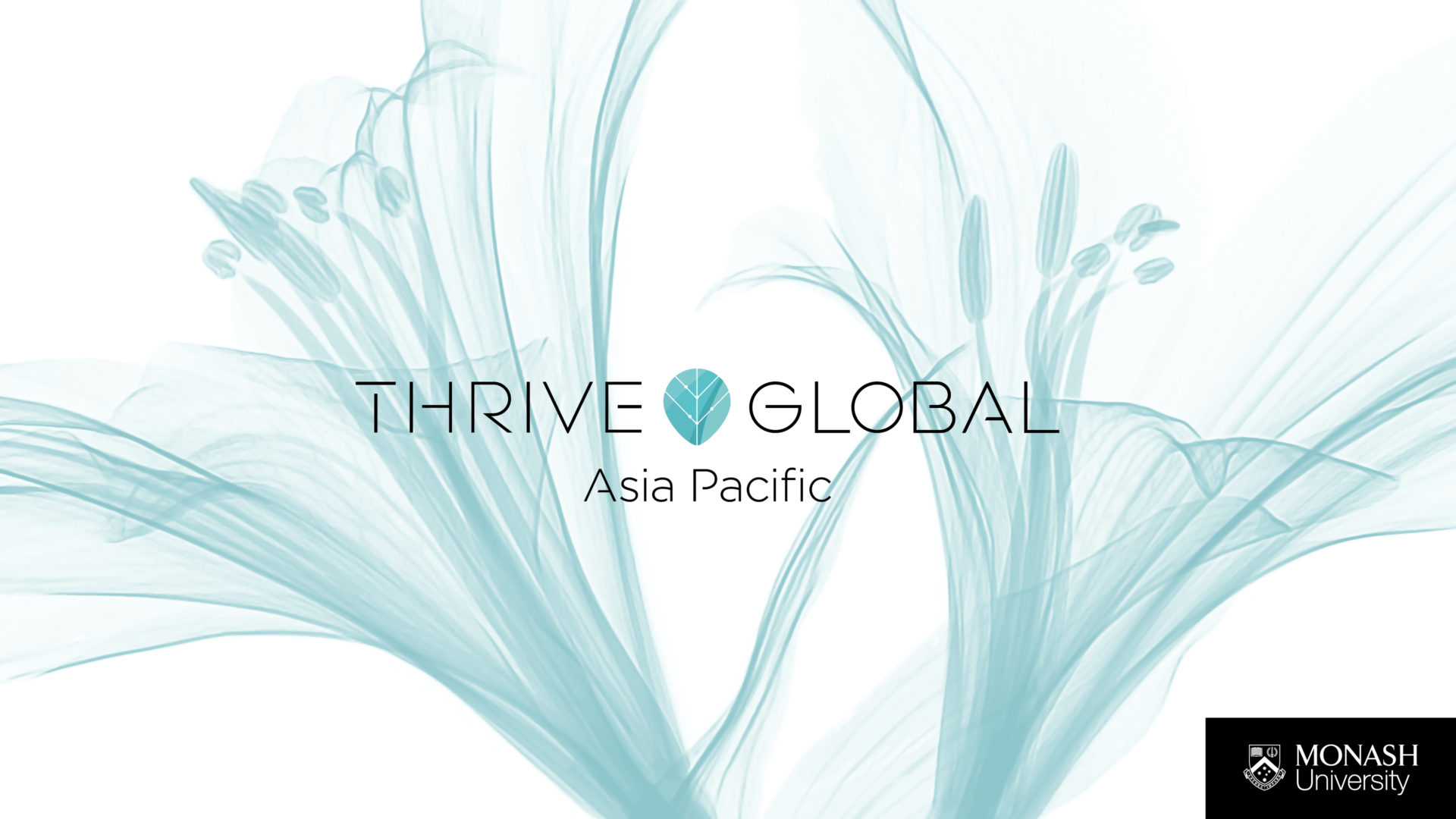Sleep is the foundation of both a strong immune system and psychological resilience. But for many of us, a good night’s sleep has never been harder to come by, and the onset of winter can make it that much harder.
That’s because winter poses some sleep-specific challenges. Research shows that many of us tend to feel more fatigued during the winter months, largely because we experience less exposure to sunlight and stay more sedentary than we do in the warmer seasons. As the days become shorter, our sleep and waking cycles may become disrupted. The lack of sunlight leads our brains to produce more melatonin, a hormone that makes us sleep when it gets dark early. Less light also means we don’t get the rush of melatonin shortly before bed, which may make it harder to fall asleep.
In this three-part series, we’ll address some of the specific sleep challenges we face when the temperature drops, and help you get the sleep you need by taking Microsteps: science-backed actions you can start taking immediately. Each Microstep takes less than five minutes, so you can fit them into your schedule no matter how busy you are.
Recharge throughout the day
Naturally, we associate sleep with the nighttime. But one mindset shift we can make that will improve our ability to sleep when nighttime comes around is to identify Microsteps we can take throughout the day. When we devote small moments to recharging, we set ourselves up to get the quality sleep we need.
Microstep 1: Set a daily caffeine cut-off
Taken too late in the day, caffeine hinders our ability to fall asleep. Switch to decaf after 2pm – your nighttime self will thank you.
Microstep 2: Schedule time to go outside
Take a walk in the sunshine, ideally in the morning, even for just a few minutes. As the days get shorter, exposure to light becomes more important to our physical and mental health and helps us get the sleep we need.
Microstep 3: Block time on your calendar for movement
Any kind of physical activity helps you sleep better, so treat your exercise time like you would an important meeting or doctor’s appointment. Even taking a quick stretch between Zoom meetings helps alleviate any tension that might have built up and promotes relaxation.

Thrive Global Asia Pacific
An alliance between Thrive Global and Monash University with the mission to end the stress and burnout epidemic. The partnership brings an evidence-based approach to well-being and performance, and works with organisations to deliver programs that lift the performance, resilience, engagement and mental health of employees.
Unlock your people’s potential today
Enter your details to stay up to date with the latest news events and program updates.





